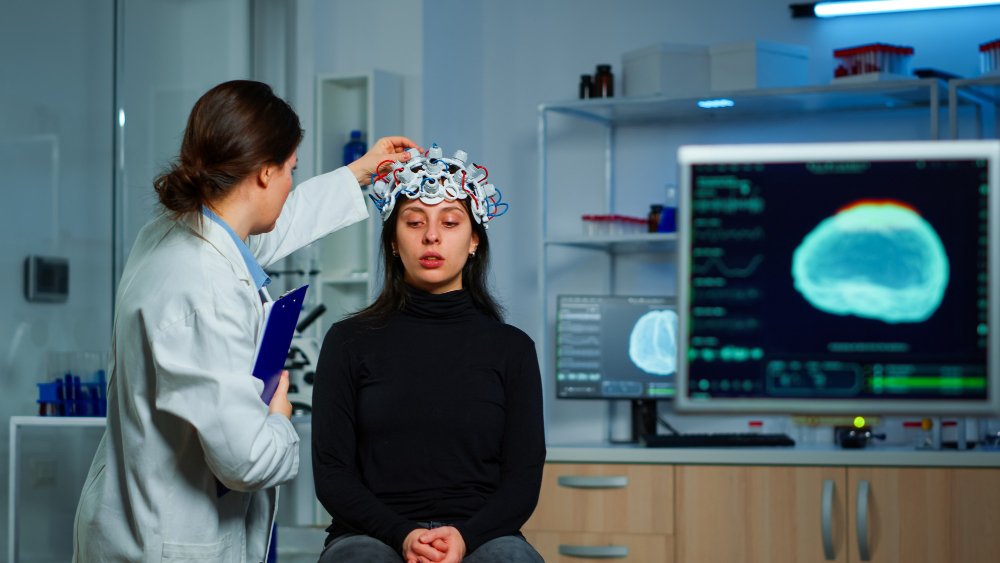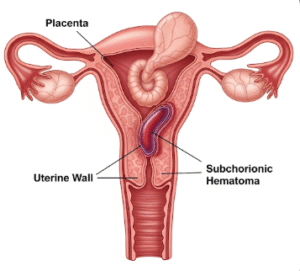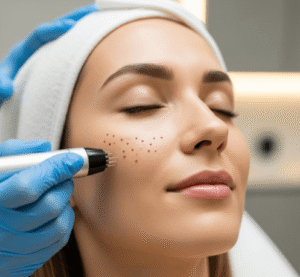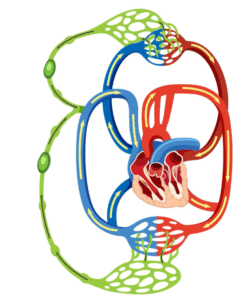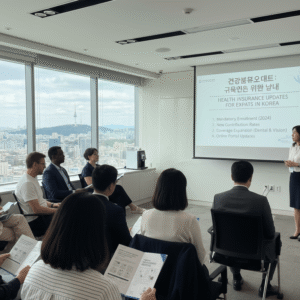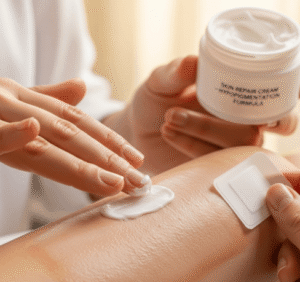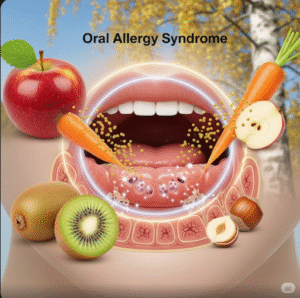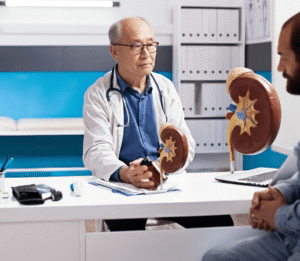Overview
Aphasia is a neurological condition that impairs a person’s ability to communicate. It affects speech, comprehension, reading, and writing due to damage in the brain’s language centers—commonly after a stroke, head injury, or brain tumor. Aphasia does not affect intelligence but can significantly impact daily life and emotional well-being. Early rehabilitation and therapy improve outcomes.
What is Aphasia?
Aphasia is a language disorder that results from damage to portions of the brain responsible for language, typically in the left hemisphere. Depending on the area and severity of brain injury, different types of aphasia may occur:
- Broca’s Aphasia (Non-fluent): Difficulty speaking but relatively good comprehension
- Wernicke’s Aphasia (Fluent): Fluent but nonsensical speech with poor comprehension
- Global Aphasia: Severe form affecting all aspects of communication
- Anomic Aphasia: Trouble naming objects but relatively preserved speech and understanding
Aphasia can be temporary or permanent and may coexist with other cognitive or motor impairments.
Symptoms
Symptoms vary depending on the type and extent of brain damage, but may include:
- Difficulty speaking or forming sentences
- Speaking in short or incomplete phrases
- Substituting one word for another (e.g., “fork” for “spoon”)
- Using made-up words
- Trouble understanding spoken language
- Difficulty reading and writing
- Frustration in communication
Causes
Aphasia results from damage to the language-dominant areas of the brain, such as:
- Stroke (most common cause)
- Traumatic brain injury
- Brain tumors
- Brain infections (e.g., encephalitis)
- Progressive neurological diseases (e.g., primary progressive aphasia, Alzheimer’s)
Risk Factors
- Older age
- Hypertension and cardiovascular disease
- Diabetes
- Smoking
- Family history of stroke or neurological disorders
- Previous stroke or head injury
Complications
- Communication breakdown in personal and professional life
- Social isolation and depression
- Frustration and anger
- Reduced quality of life
- Dependence on caregivers
- Difficulty in returning to work or education
Prevention
While not all causes are preventable, steps can be taken to reduce risk:
- Control blood pressure and cholesterol
- Maintain a healthy diet and exercise regularly
- Avoid smoking and excessive alcohol use
- Manage diabetes and heart disease
- Wear helmets and take precautions to avoid head injuries
- Seek immediate care for symptoms of stroke
Treatment Options in Korea
South Korea is renowned for advanced neurological care, offering comprehensive diagnostics and rehabilitation for aphasia.
1. Diagnosis
- Neurological Examination: To assess language, memory, and comprehension
- Brain Imaging (CT/MRI): To locate the brain damage
- Language Assessment Tests: Conducted by speech-language pathologists
- Cognitive and psychological testing: To identify associated conditions
2. Speech and Language Therapy
- Personalized therapy to restore language skills or teach alternative communication methods
- Use of visual aids, writing tools, and apps
- Family involvement to support recovery
- Intensive sessions in acute and outpatient settings
3. Medications
- No specific drugs cure aphasia, but medications may help underlying causes (e.g., stroke, inflammation)
- In some cases, dopaminergic or neuroplasticity-enhancing drugs may be used under clinical supervision
4. Assistive Technology
- Communication devices and software (e.g., speech-generating apps, tablets)
- Computer-assisted therapy programs
- Augmentative and Alternative Communication (AAC) systems

